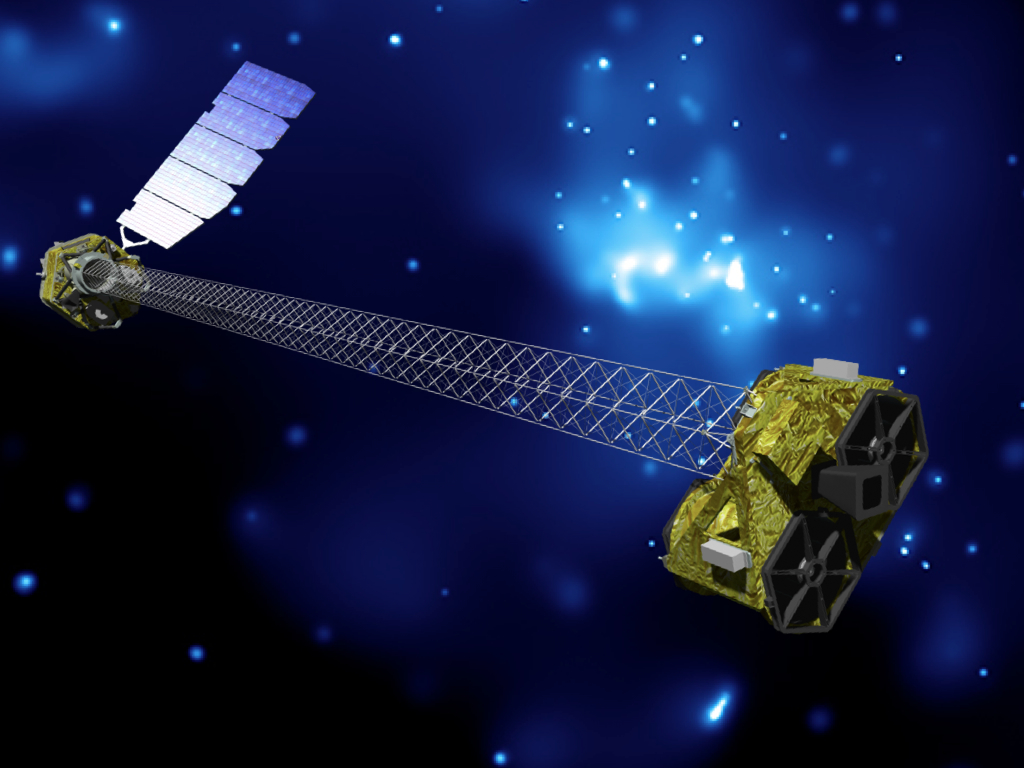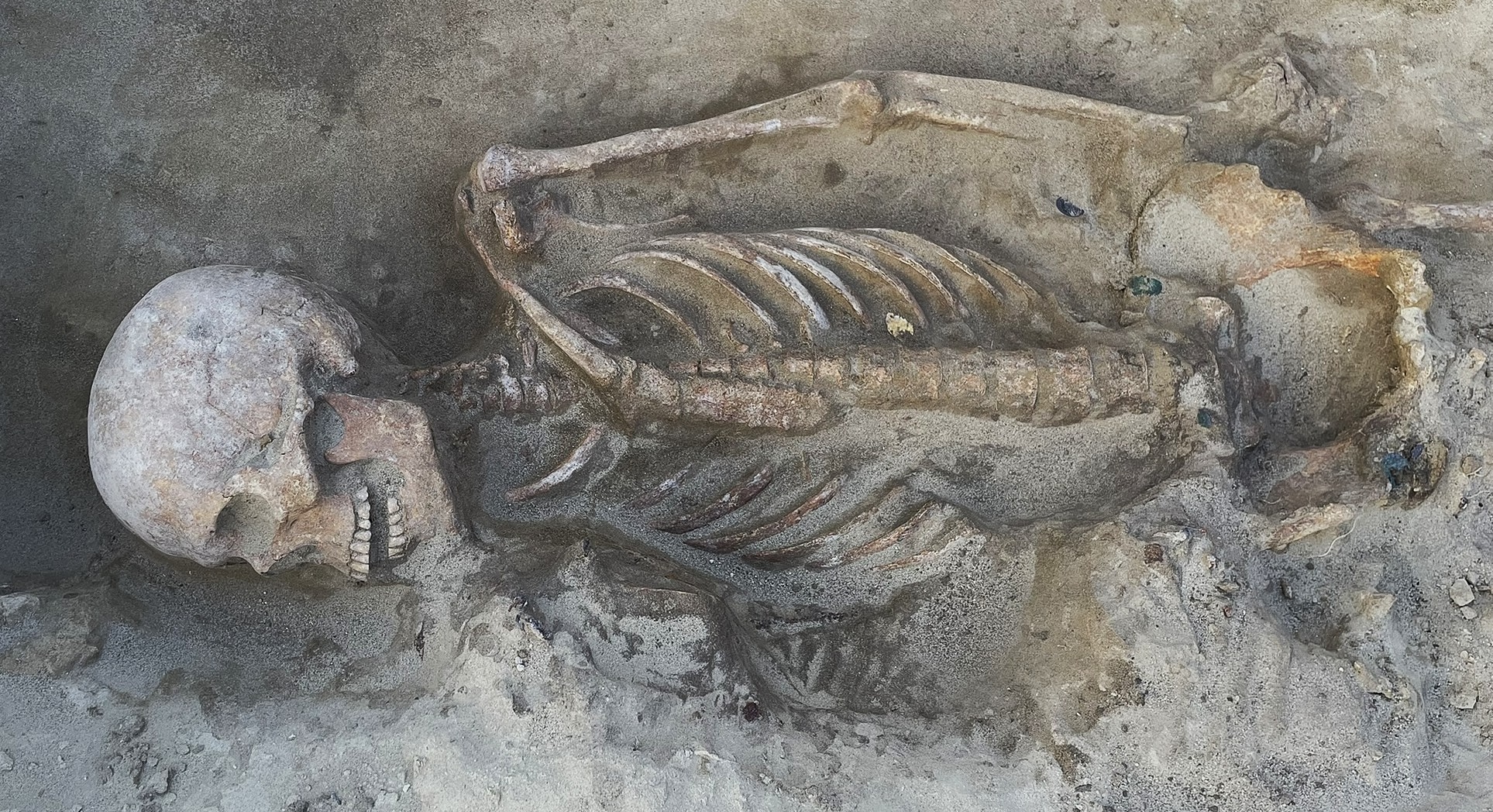NASA Delays Launch of Black Hole-Hunting Space Probe

The launch of NASA's next science mission, a spacecraft to study black holes and other high-energy enigmas of the universe, has been officially delayed.
The instrument, called NuSTAR (Nuclear Spectroscopic Telescope Array), was scheduled to lift off in March atop an Orbital Sciences Pegasus XL rocket from the Reagan Test Site on the Kwajalein Atoll in the Marshall Islands.
Now NASA has pushed back the launch following a Flight Readiness Review meeting on Thursday (March 16) that found more time is needed to check out the rocket's software.
"The launch will be rescheduled to allow additional time to confirm the flight software used by the launch vehicle's flight computer will issue commands to the rocket as intended," NASA officials said in a statement.
The extra time to complete the software review means the $165 million NuSTAR won't be able to lift off this month as planned, but space agency officials expect it to be ready for another shot in the next two months.
NuSTAR is an X-ray space observatory that will study the universe through the shortest wavelength, highest-frequency range of light. The spacecraft is designed to collect data with greater sensitivity and clarity than any X-ray mission before.
"The mission will advance our understanding of how structures in the universe form and evolve," NASA officials said. "It will observe some of the hottest, densest and most energetic objects in the universe, including black holes, their high-speed particle jets, ultra-dense neutron stars, supernova remnants, and our sun."
Get the world’s most fascinating discoveries delivered straight to your inbox.
NuSTAR is categorized as a Small Explorer mission, and is led by Caltech and managed by NASA's Jet Propulsion Laboratory, both in Pasadena, Calif. In addition to constructing the launch vehicle, Orbital Sciences Corp., of Dulles, Va., built the spacecraft.
This story was provided by SPACE.com, a sister site to LiveScience. You can follow SPACE.com assistant managing editor Clara Moskowitz on Twitter @ClaraMoskowitz. Follow SPACE.com for the latest in space science and exploration news on Twitter @Spacedotcom and on Facebook.




